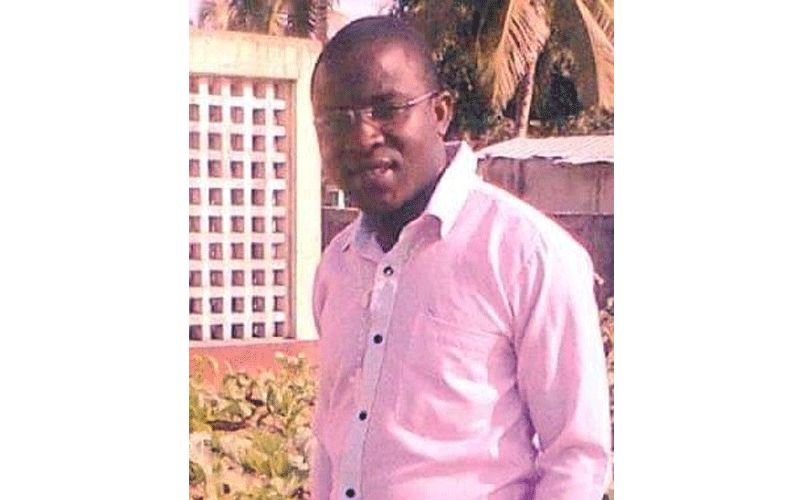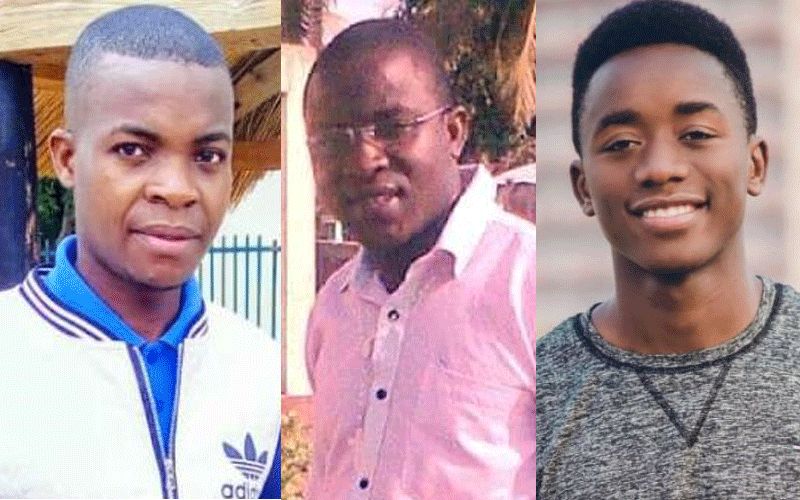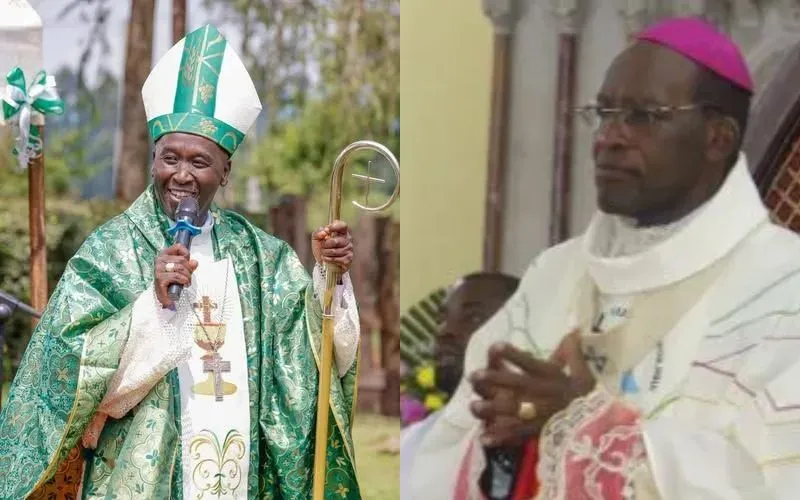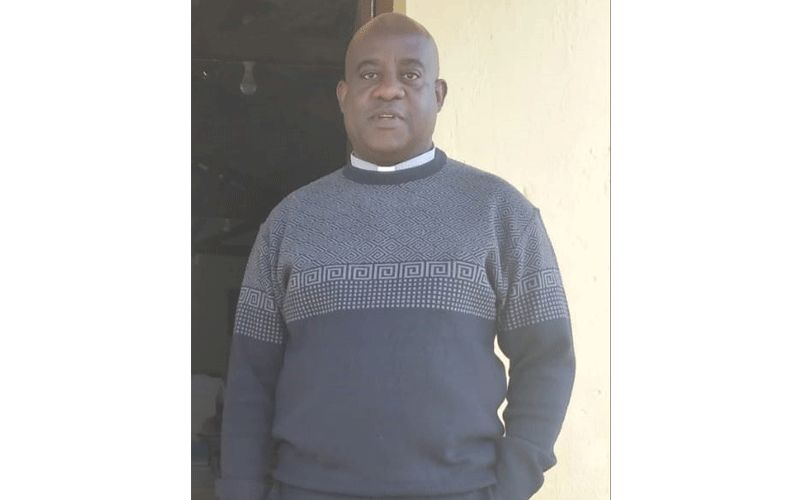He expressed concern that contact amongst seminarians will not be possible and that the seminarians would not have dialogue with their formators who give them spiritual direction.
Some of the seminarians, according to the member of the Consolata Missionaries, are also bound to go through financial hardships at home, away from their formation houses where their basic necessities are provided.
“A majority of seminarians will be very idle at home and an idle mind is the devil’s workshop,” Fr. Justus noted, and expressed his biggest fear in reference to seminarians, “Their future may now be very certain and many may not keep up with their vocation until seminary opens next year.”
The seminarians’ stay at home, according to the Kenyan-born Cleric, means adapting to another lifestyle while remembering they are still seminarians.
“It is not an easy balance for them. They now have to collaborate pastoral activities and also assist their families… I hope they will not change their mind when the seminary opens next year 2021,” he says.
(Story continues below)
When he spoke to ACI Africa on Friday, September 25, José Jaime Changa Meque, a Theology student at St. Pius X Major Seminary in Maputo, said he was planning to approach the Priest at the parish to find out whether his services would be needed before seminaries reopened.

José also shared that he was trying as much as possible to stay at home with his family and to engage in money-making activities to raise funds for his formation.
“I will always try to be at home as much as I can in order to work in the garden and on the field and any other work that I can do to raise funds for the contribution to the seminary when we reopen,” said José.
On his part, Rachide Lazaro Zacarias, a philosophy student at St. Augustine Seminary in Matola, said he had started thinking of executing “other projects” that he had harbored in his mind before he joined seminary in 2018.

Sharing his frustration over the cancellation of the academic year 2020 of formation, Rachide said the interruption of his studies would potentially cause “a certain academic arrhythmia” in him.
“I feel the pain of repeating the year that I had partially covered. This is also why I have not been good at the academic level. All the changes have created a certain academic arrhythmia in me,” he said.
At the parish, the 21-year-old seminarian of the Consolata Missionaries said he had resumed the daily morning Mass routine with the Religious sisters and is also helping his younger brother with his studies.
As for 25-year old José, the biggest challenge outside of seminary is “the strength of the storms that we face every day.”
“With the grace of prayer and in communion with my brothers in the faith, I believe that I will not submit to the storms because the Lord is with me,” he told ACI Africa.
José intends to make the unexpected phase of his religious formation productive and meaningful by participating in community life and by having a “Priestly experience” with priests in his parish even though he isn’t a priest himself.
At the Parish of Nossa Senhora da Consolata Fingoé, Fr. Justus who maintains “a cordial, friendly, spiritual and fatherly” relationship with the seminarians says the three will be engaged through pastoral activities such as visiting of outstations, home visits and participation in prayers and the choir.
The seminarians, he said, will organize and lead the rosary month of October in Small Christian Communities and organize Missionary activities in the same month of Mission.
Other activities will include teaching catechesis, regular dialogues with Parish priests as well as preparation of advent and Christmas.
“We shall provide them with moral and spiritual support and we shall be constantly linked with their families, holding family meetings, prayers with their families and any other way that will help us be connected with them as closely as possible,” said Fr. Justus.
Agnes Aineah is a Kenyan journalist with a background in digital and newspaper reporting. She holds a Master of Arts in Digital Journalism from the Aga Khan University, Graduate School of Media and Communications and a Bachelor's Degree in Linguistics, Media and Communications from Kenya's Moi University. Agnes currently serves as a journalist for ACI Africa.












